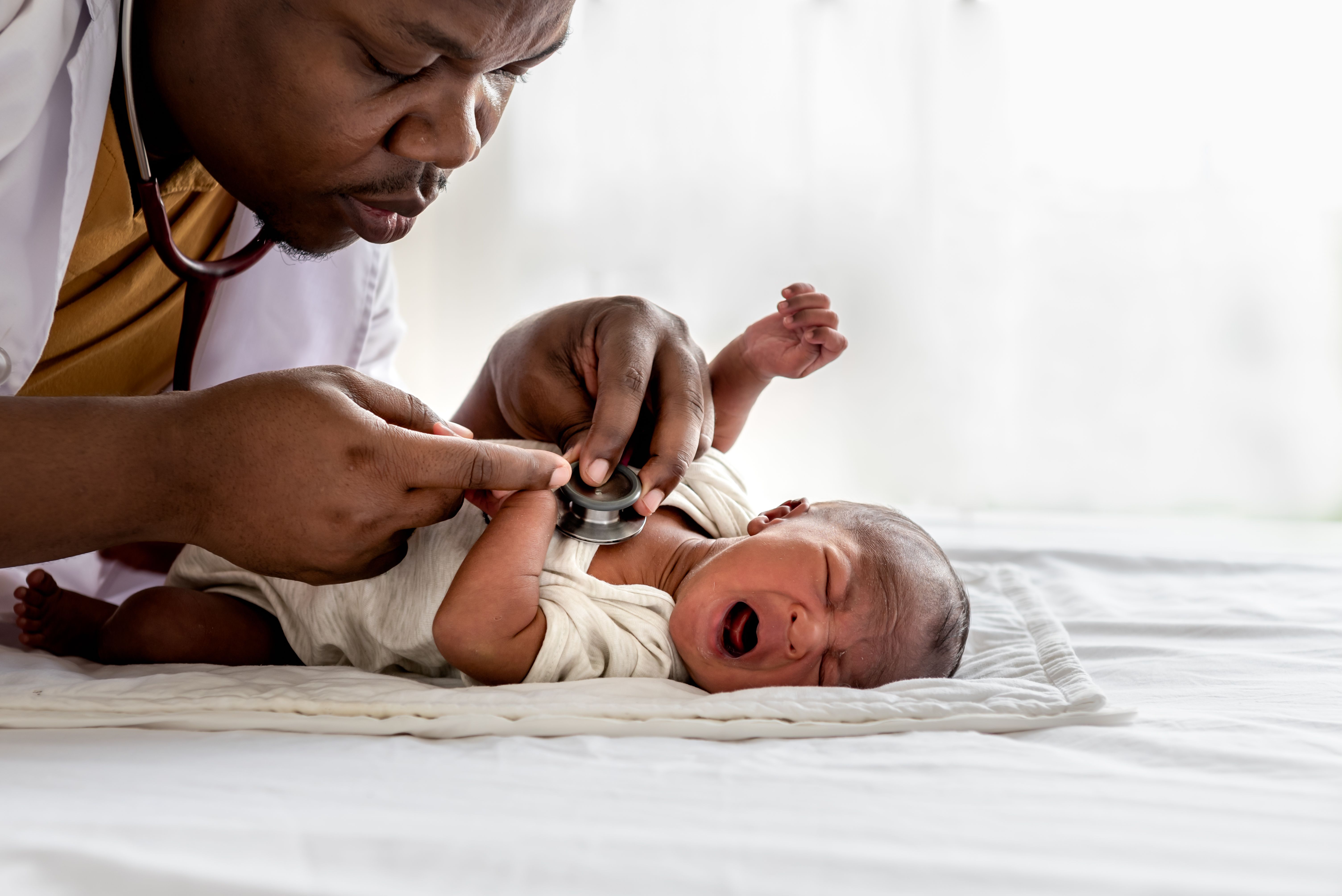Parechovirus cases are rising in babies according to a new study. This is significant to note, given that the virus can cause babies, specifically newborns to become severely ill, requiring urgent or hospital care. But why parechovirus is spiking now is a bit of a mystery to researchers. Especially since, according to US News & World Report, the virus generally peaks and begins to become dormant during this time of year.
Researchers from Vanderbilt University Medical Center took note when they recognized that more cases of parechovirus were being admitted to Children's Hospital at Vanderbilt University Medical Center in Nashville than normal.
During a six-week timeframe this spring, according to Medical Xpress, 23 babies were admitted with the virus. In 2018, there were 19 cases over five months. And at the height of lockdown from COVID, the numbers were smaller still.
The study, which was published in the journal, Morbidity and Mortality Weekly Report states that the symptoms of parechovirus in babies include:
- Fever
- Fussiness
- Lack of appetite
- Seizures
- Meningitis
- Developmental problems
More upsetting still is that if babies contract meningitis, it can be a fatal disease, according to the study. But, for most infants who contract parechovirus, the symptoms are mild. It is when newborns are diagnosed with the virus that more serious health problems can exist.
According to the Cleveland Clinic, parechovirus is spread by "fecal-oral and respiratory routes." This means that newborns and infants get parechovirus in ways that included:
- Saliva particle transfer from sharing toys that are put in their mouths
- Baby being in the area where sneezing and coughing are happening, and the face is not being covered
- Sneezing and coughing and hands are used to catch the particulate that is then transferred via touch
- Microscopic bits of poop that wind up on baby's hands as a result of caretakers not properly washing hands
Because none of the particulates that are transferred are visible, it makes parechovirus very contagious. And because once babies have it, it can remain in poop for up to six months, per the publication, it is a virus that is hard to get out of the household.
Of the babies who were presented at the hospital with parechovirus, 21 of the 23 fully recovered, according to Medical Xpress. One baby had to be examined to determine how much, if any, hearing loss was present. And another was expected to have delays in learning that were "severe" given the seizures the virus caused.
The conclusion is that there is a spike in the parechovirus cases because babies are interacting more with others in spaces like daycare, according to US News & World Report. And while there are not any vaccines for the virus, researchers are optimistic that as winter approaches the parechovirus will become dormant and cases will again go down.
Source: US News & World Report, Medical Xpress, Morbidity and Mortality Weekly Report, Cleveland Clinic

